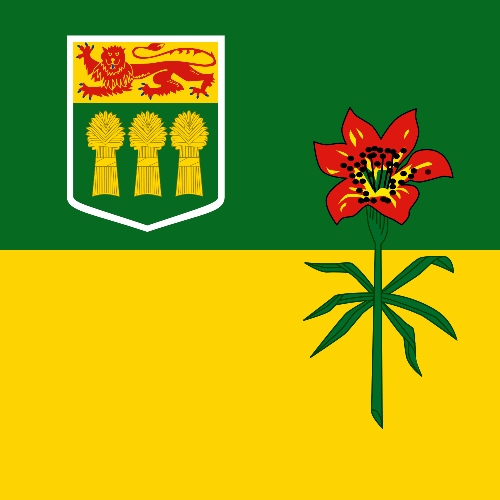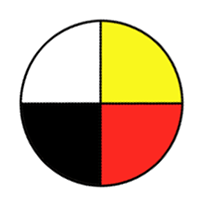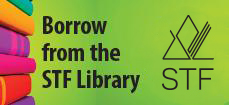Analyze natural factors and human practices that affect productivity and species distribution in marine and fresh water environments.
| (a) |
Examine the ways in which First Nations and Métis people traditionally valued, depended upon, and cared for aquatic wildlife and plants in Saskatchewan and Canada. |
| (b) |
Identify diverse examples of organisms in a variety of marine and freshwater ecosystems (e.g., wetlands, lakes, rivers, salt marsh, estuary, ocean, and intertidal zone) and explain how biodiversity is an indicator of ecosystem health. |
| (c) |
Identify factors that affect productivity and species distribution in aquatic environments (e.g., temperature, turbidity, sunlight, nutrients, salinity, water depth, currents, overfishing, upwelling, and pollutants). |
| (d) |
Research a student-selected aquatic species, describe the characteristics of its environment, identify factors that could affect its productivity, and suggest methods of ensuring long-term viability of the species. |
| (e) |
Measure factors that provide indicators of water quality, such as temperature, turbidity, dissolved oxygen content, presence of nitrates or phosphates, and macroinvertebrates, from a variety of samples of water. |
| (f) |
Interpret patterns and trends in water quality data, and infer and explain relationships among the variables. |
| (g) |
Identify strengths and weaknesses of different methods of collecting and displaying data about water quality. |
| (h) |
Describe examples of technologies used to assess water quality and how those technologies have changed over time. |
| (i) |
Provide examples of how individuals and public and private Canadian institutions contribute to the sustainable stewardship of water through traditional knowledge and scientific and technological research and endeavours related to aquatic environments (e.g., marine research institutes, universities, federal and provincial government departments, and ecological groups) and identify possible careers related to the study and stewardship of water. |












- Earth. The Water Planet
- Rocks, Minerals, and Soils
- The Earth. Inside and Out
- The Planet Earth



- Pearson Saskatchewan Science 8. Teacher's Resource Kit

- Classification Practice and Learning About Microorganisms
- Discovering the World of Biodiversity
- Identification Practice and Understanding Classification Systems
- Presentation of Findings: Understanding Human Impact
- Sampling the Life Forms in an Urban Wetland
- Understanding Adaptation to Specific Habitats







Temperatures have also risen in the Antarctic and Sir David returns to glaciers photographed by the Shackleton expedition and reveals a dramatic retreat over the past century. It's not just the ice that is changing - ice-loving adelie penguins are disappearing, and more temperate gentoo penguins are moving in. Finally, we see the first ever images of the largest recent natural event on our planet - the break up of the Wilkins Ice Shelf, an ice sheet the size of Jamaica, which shattered into hundreds of icebergs in 2009.




